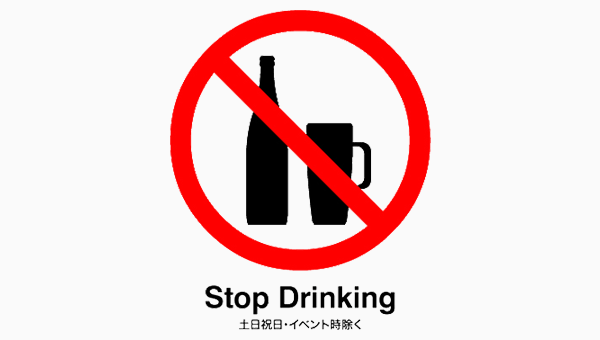Healing heart diseases naturally

Healing heart diseases naturally is very important and it start with quitting cigarette smoking
Healing heart diseases naturally: Taking heed of your health needs
Good health is everybody’s desire. This is only possible with a health and functioning heart. Because of the delicate nature of this organ, we must take all the precautions to keep it healthy. Healing heart diseases naturally is the way to go. In fact, one of the perfect ways of preventing heart diseases is by being physically active. As simple as it looks, many have failed in this. Because of that, we want to help you start little by little. Speaking to doctor Dalal Akoury MD president and founder of AWAREmed Health and Wellness Resource Center, about this discipline, she advises on the following:
Healing heart diseases naturally: Building on what you are already doing
You might not realize just how active you already are. Can you take a moment and think about the activities you’re already doing and the ones you’d like to do in the future. Download and fill in your own activity diary sheet to find out how much you’re already doing. The easiest way to get active is to build it into your everyday life. It need not be a big change to your daily habits, but it could have a big impact on your health. Just some little tips on what you could incorporate:
- Walking more each day. You don’t need to dress up in sportswear to get active.
- Climb the stairs more often.
- Avoid sitting down for long periods.
- Meet your friends more regularly. Walk or cycle to and from local places whenever you can.
- Do more activity in your leisure time. Exercising in a class or with a group is a good way to meet new people and make new friends
Healing heart diseases naturally: Being overweight and how it affects your health
Overweight and obese people are more likely to develop coronary heart disease than those with a healthy weight. Heart diseases can be very devastating and the sooner they are dealt with the better. As you consider taking on physical activities to prevent heart conditions, remember to consult with your doctor since not everyone with a heart condition can do exercise the same way. In this regard doctor, Dalal Akoury will be very instrumental in advising you professionally if only you can schedule for that much deserving appointment with her today.
Finally, there is no doubt that being overweight or obese is a serious factor in causes of heart diseases and other health complications. This has been established by the various research findings that being overweight or obese:
- Raise your blood cholesterol levels
- Increase your blood pressure
- Increase your risk of developing Type 2 diabetes.
Doctor Akoury says that because these are risk factors for coronary heart disease, your weight can have a big impact on your long-term health. Remember that even if you don’t have any of these conditions, it’s still very important to keep to a healthy weight so you don’t develop them in future.
The good news is that if you’re overweight or obese, you can reduce your risk of coronary heart disease by reaching and keeping to a healthy weight. You can make a real difference to your heart health with small lifestyle changes, by eating healthily, keeping active, and being aware of what affects your risk.
Healing heart diseases naturally: Taking heed of your health needs
http://www.I-AM-I.com/wp-admin







